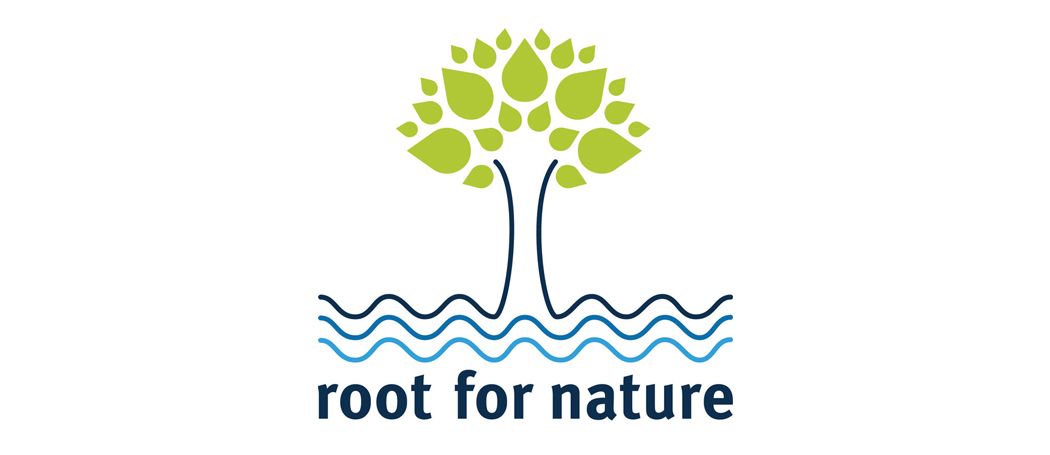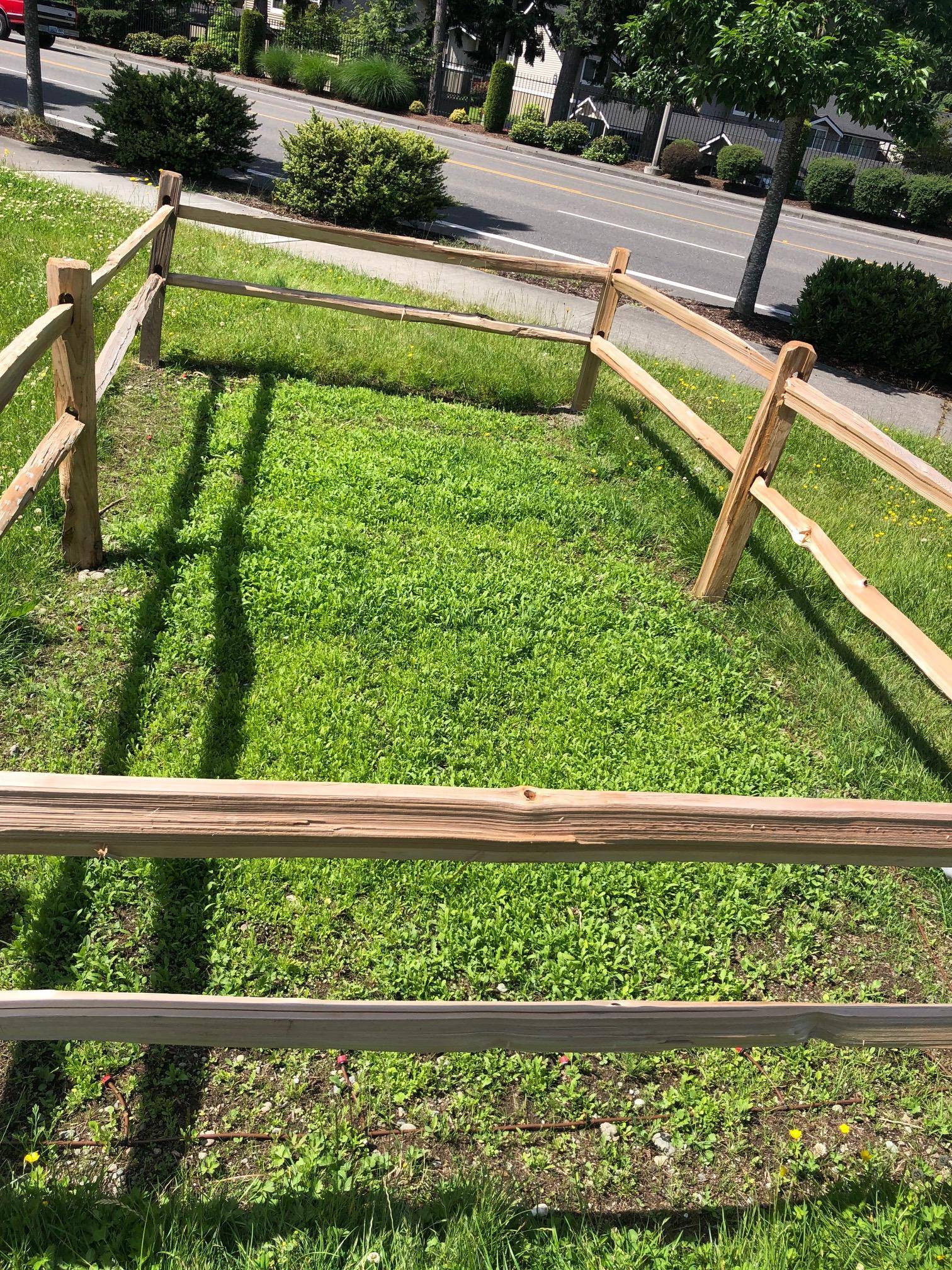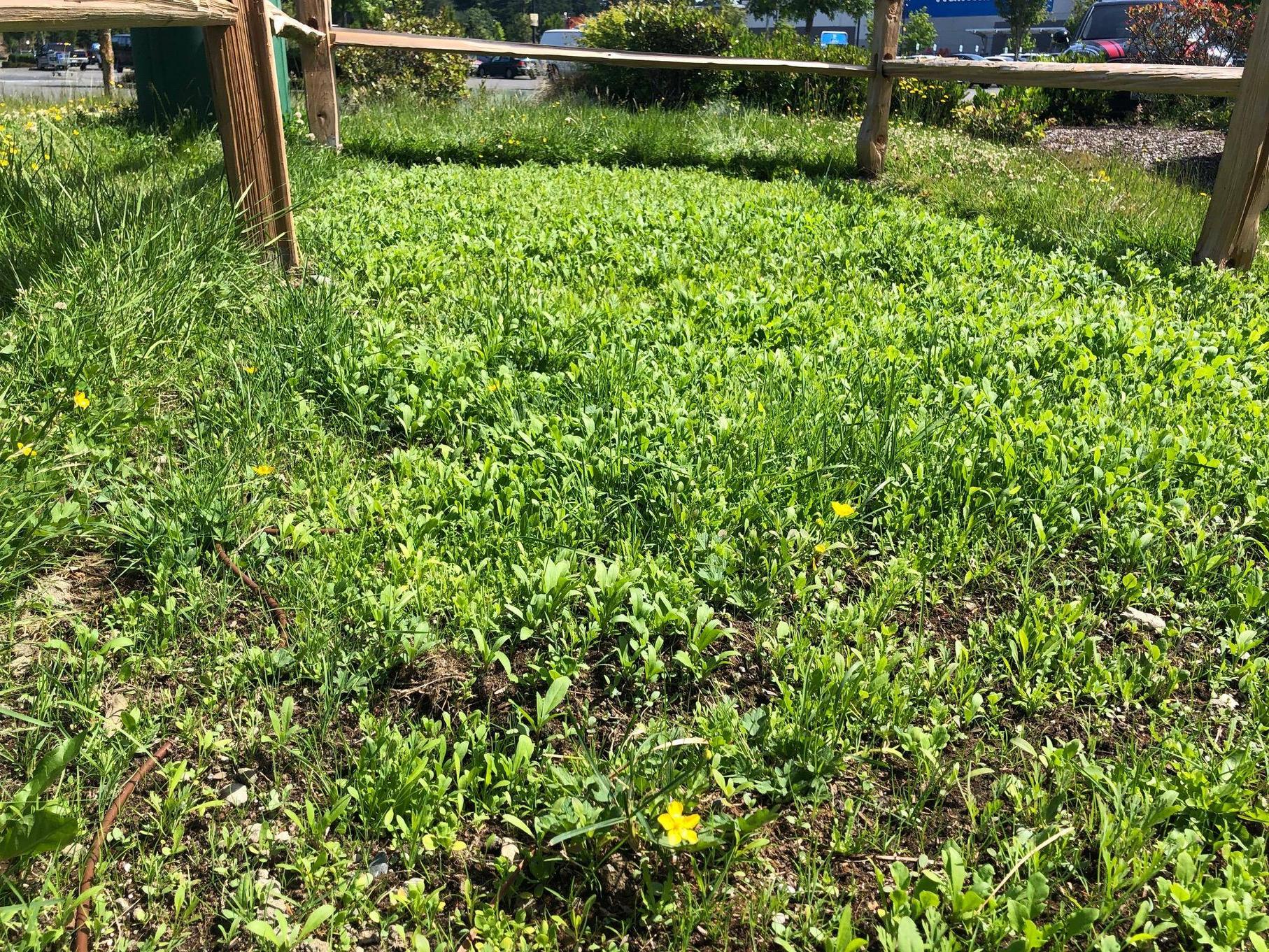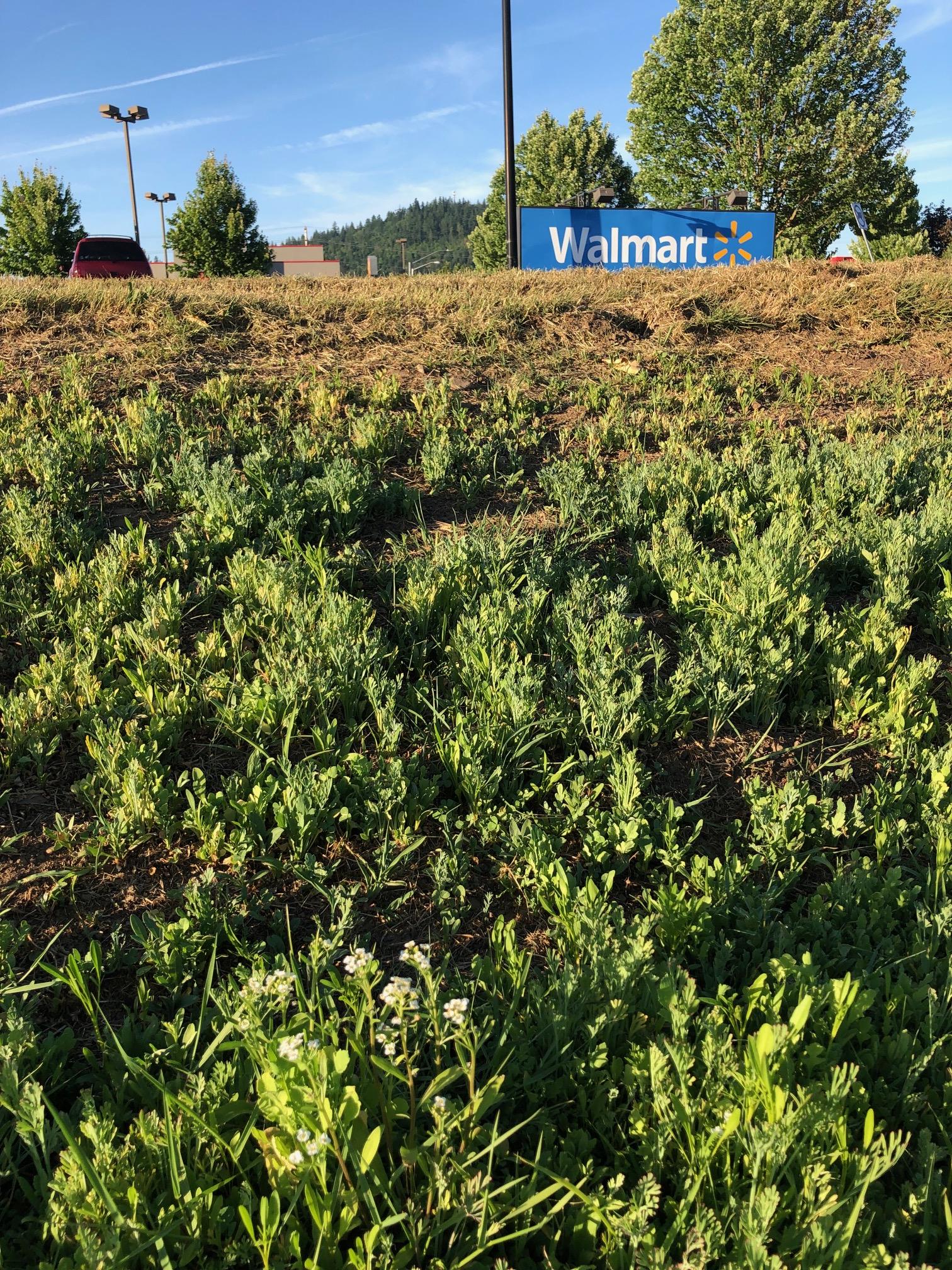AQUALIS Celebrates National Pollinator Week
by Jason Abert, Vice President of Service Delivery
AQUALIS celebrated National Pollinator Week in a big way this year. In an effort to combat the recent decline of pollinators, such as bees, monarch butterflies, birds and bats, we launched our Root For Nature campaign by working with clients throughout the United States and Puerto Rico to create pollinator gardens in stormwater basins.
Pollinators are essential for the reproductive process of upwards of 100 different crops in the U.S. With the continued urban development of more rural areas throughout the country, bees and butterflies are under threat from lack of resources. Our field team, championed by Jim Leamy, identified the opportunity to use the stormwater basins to create a safe habitat for pollinators to thrive.
Our service delivery teams created 8 feet by 16 feet pollinator gardens, consisting of a wildflower seed blend specific to the regions where planted. The gardens were then fenced to create a safe space for the habitats to grow and bloom.
These and future gardens will be maintained by AQUALIS as part of the regularly scheduled stormwater maintenance for clients. The pollinators gardens will not affect the capabilities of the stormwater systems; indeed, the native wildflowers provide enhanced erosion control and nutrient uptake, while being irrigated by stormwater once established. We will continue to work with the appropriate municipalities to ensure compliance with local, state and federal stormwater regulations. When necessary, we will petition for special permission should any of the plants fall outside of the regulated vegetation.
Root For Nature, an AQUALIS Restoration Project, was created by our team to ensure environmental conservation in prime habitats. The pollinator garden portion of the program adapts and expands a study by the University of Minnesota by applying its learnings to our customers. The pollinator habitats offer resources to monarch butterflies, honeybees, beetles and other insects throughout the growing season while expanding the ecosystem services provided by stormwater assets.



